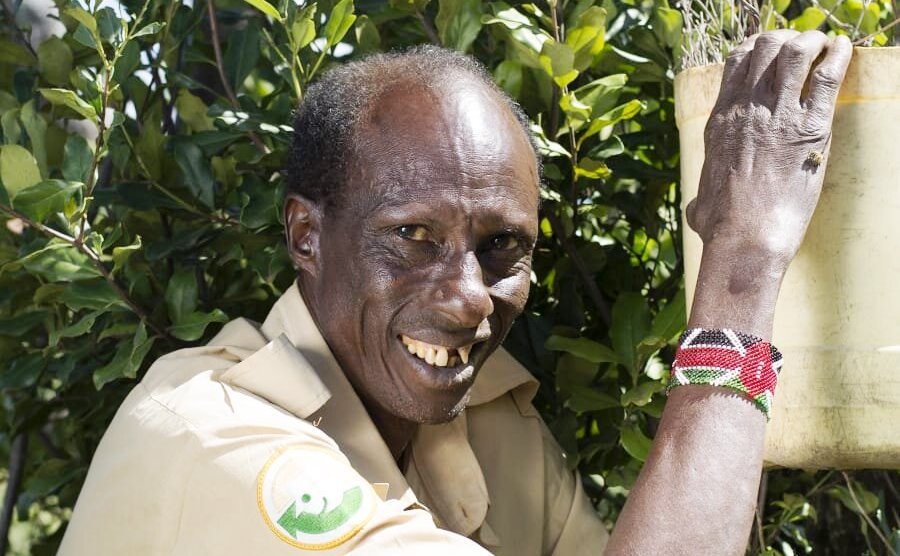
The Yaaku Honey Project
About the Yaaku People
A Cushitic people, numbering around 10,000, living in the Mukogodo forest on the western side of Mount Kenya.
Descendants of Ethiopian hunter-gatherers.
Adopted Maasai traditions after shifting from hunting to livestock keeping.
Recognized by the Kenyan government as part of the Laikipia Maasai
Unique for their deep connection to the forest.
The only community allowed to inhabit the Mukogodo forest, a critical conservation area, due to their role as model forest stewards.
Their non-interference with the ecosystem helps protect wild bees, which are essential for crop pollination.
Beekeeping is a central tradition for the Yaaku people.
Honey is not only a major part of their diet but also a symbol of wealth.
The number of beehives a man owns determines his social status, and honey plays a key role in the bride price for marriage.
The Yaaku Honey Project empowers small-scale farmers in the Yaaku community of Kenya, enabling them to sell high-quality honey directly to the market by passing exploitation.
Key Objectives
Equip farmers with skills, tools, and training in beekeeping and honey production.
Promote environmentally friendly beekeeping for long-term success.
Use technology (the Till App), to connect farmers with fair markets.
Activities and Achievements
Harvesting honey: The Yaaku’s traditional methods preserve their cultural heritage and promote sustainable honey harvesting.
Processing organic honey: The Till App ensures that the honey is pure and certified through simple processing techniques that maintain high quality.
Training and support: provide hands-on training to improve honey production, both in quantity and quality.
Quality control: establish honey quality standards that meet market demands, raising sales prices.
Market linkages: farmers are connected to buyers through the Till App, ensuring fair pricing without middlemen.
Community engagement: involved the Yaaku community in project decisions, ensuring sustainability.
Impact
Farmers earn higher prices for their honey, which improves their financial stability
Environmentally sustainable practices help preserve the local ecosystem, thus benefiting both farmers and the environment
Technology connects farmers to larger markets
Kisii Pilot Program
The Kisii Pilot Program was designed to test the Small Scale Farms model, connecting small-scale farmers in Kisii, Kenya, to larger markets while ensuring fair pricing and improving logistics.
Key Objectives
Test the Small Scale Farms model by using SMS technology to organize farmers and pool produce for urban markets.
Help farmers access larger markets to sell crops at better prices.
Ensure farmers received fair compensation, with a 40% increase in earnings.
Activities and Achievements
Farmer registration and organization: farmers registered via SMS and pooled crops to meet market demand.
Logistics management: handled crop transport to market and ensured fair weighing and pricing.
Technology development: refined the farm.tillmobile.com platform for tracking crops, sales, and payments.
Payment system: farmers received immediate payment through MPESA for their produce.
Market sales and distribution: sold pooled crops directly, eliminating middlemen and ensuring fair compensation.
Impact
Farmers earned an additional $60 per month on average.
Farmers gained better prices for their produce, reducing food waste.
Over 700 farmers expressed interest, indicating strong demand for fair access to markets.





